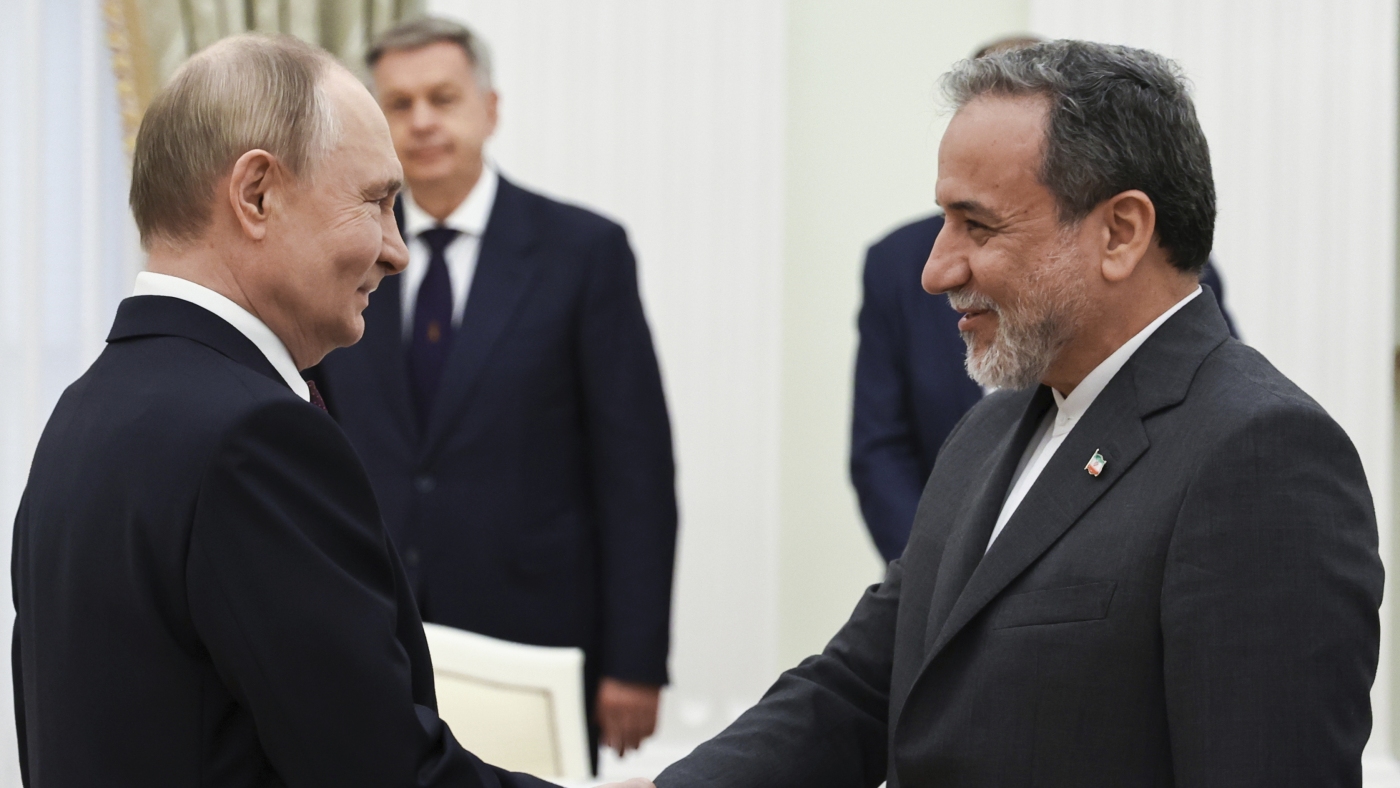Ian Bremmer on why markets are shrugging off strikes on Iran
00:00:00 Speaker A
Why are markets, uh, you think so resilient here in the morning, uh, this morning after this, these results?
00:00:10 Ian Bremmer
Because the Americans don't want the war to continue. Um, they wanted to be one and done, uh, as Trump did when he assassinated Kasim Suleimani in his first term, and they believe with some evidence, uh, that the Iranians are very risk averse here. Uh, they they don't have much they have been able to do against Israel, uh, and frankly, they have even less that they're capable of doing really against the United States. The markets also are very focused on oil, and so far, Iran's own oil export capabilities have not been touched by the US or by Israel, and and they believe, and I think appropriately, uh, that as long as that is the case, that Iran is very unlikely to severely disrupt, um, the, uh, Straits of Hormuz, uh, which, which is what would lead to a much more significant uptick in the price of oil. Now, all of that does not reflect the fact that the reason the Americans engaged in strikes, in part, is because Iran didn't have the capacity to respond to Trump's entreaties to engage in direct negotiations. They don't, they aren't communicating well internally. They've shut down their internet. They're in hiding. They're not meeting all together. The potential for mistakes and rogue actions in this environment's actually quite high. I think the markets aren't worried about that, but they are pricing in a level of risk aversion, um, and reluctance, um, to precipitate further escalation on the part of the Islamic Republic.
00:04:25 Speaker A
Uh, Ian, you mentioned the Strait of Hormuz. Uh, how important is that for global trade?
00:04:36 Ian Bremmer
Well, it's critical. Uh, it's one of the most important, uh, transit points, bottlenecks, uh, for global energy and a lot of other shipping chemicals, manufacturing, trade and the rest. There are already a number of oil tankers that have, um, changed, uh, their transit plans away from the straits just in the last 24 hours going around, uh, the Cape of Good Hope. It's a lot more expensive, it takes a lot more time, but there's not a belief that it's going to be disrupted by military attacks. And I agree with that assessment at this point. So I'm not surprised that the markets are responding to lots of oil production, relatively soft demand, and not an expectation that the Middle East is going to become a broader conflagration.
00:05:48 Speaker A
Ian, real quick before I let you go. Uh, what is the next big risk off this event that investors need to be, uh, looking for?
00:06:02 Ian Bremmer
Uh, that the Israelis, um, have not decided that this is over. Uh, and they have spoken of regime change in the past. The defense minister has spoken about taking out the Supreme Leader himself. So I think we want to watch very carefully, um, if the country that precipitated these strikes and got the Americans in, Israel, are they prepared to continue to engage in strikes? And what does that do to Iranian capabilities on the ground? What does that do to Iranian leadership? That's the core dynamic of the three parties that are involved in this fighting right now to watch.
Source link





